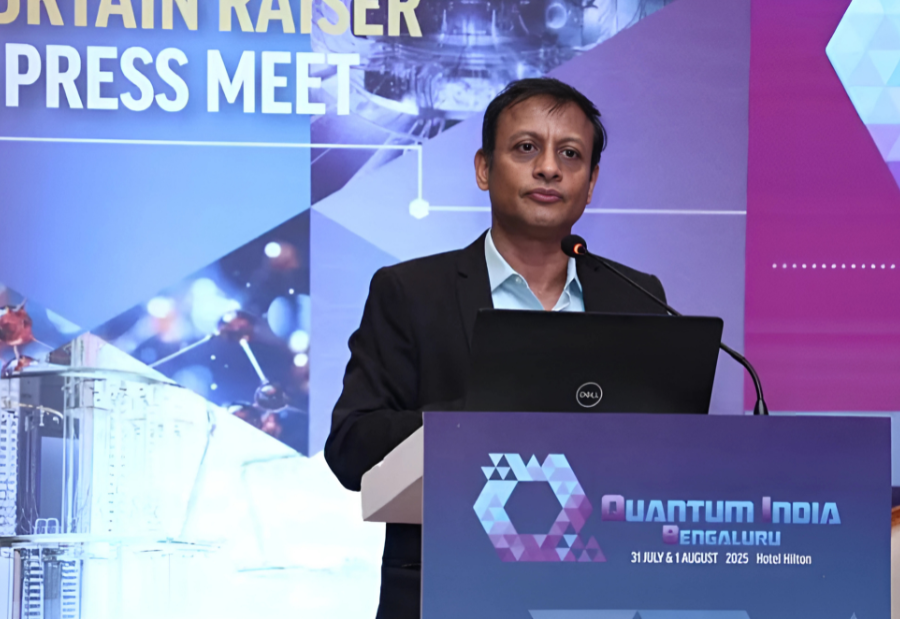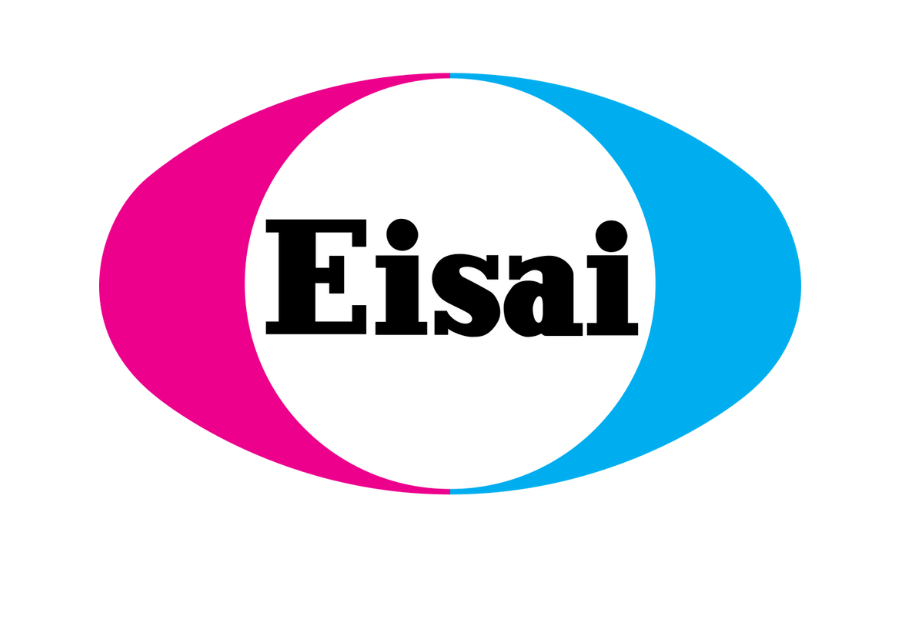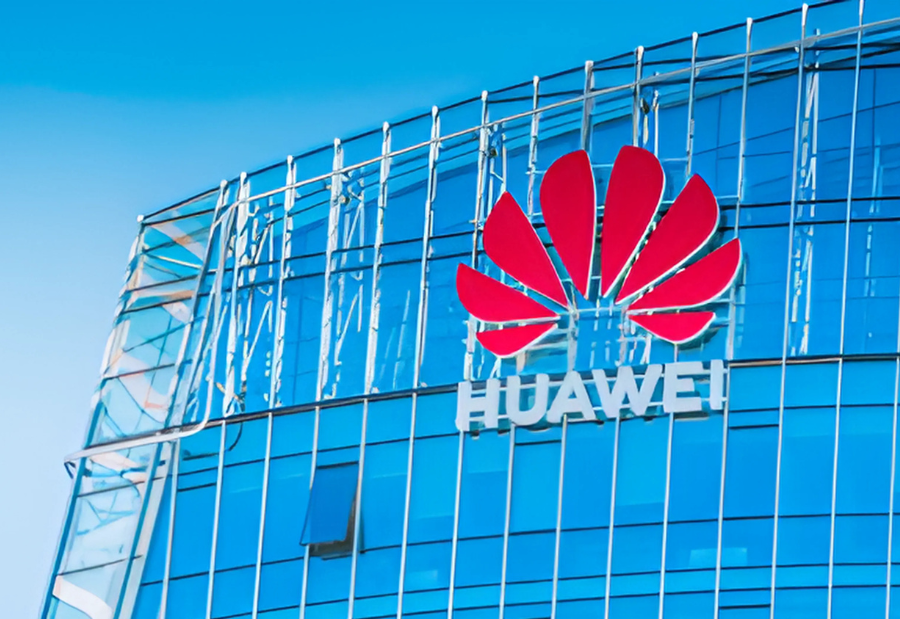India has secured over $800 million in investments for quantum computing, mainly due to significant government funding, as the country accelerates its efforts to become a global leader in the revolutionary field of quantum technology.
This considerable financial support is intended to position India at the leading edge of quantum research and development, promoting self-sufficiency in a sector vital for national security and economic advancement.
According to Prof. Arindam Ghosh, Conference Chair of the Quantum India Bengaluru Summit (QIB 2025) and a prominent professor at IISc Bengaluru, these investments are primarily derived from public sector funding. In total, around ₹4,000 crore has been provided by the Department of Science & Technology (DST), along with an extra ₹1,200 crore from the Defence Research and Development Organisation (DRDO) and the Indian Space Research Organisation (ISRO).
India’s quantum aspirations is the National Quantum Mission (NQM), which received approval from the Union Cabinet in April 2023. This ambitious project has a specific budget allocation of ₹6,003.65 crore (about $726 million USD) for the timeframe from 2023–24 to 2030–31.
The NQM aims to initiate, support, and expand scientific and industrial research and development, fostering a dynamic and innovative ecosystem in Quantum Technology (QT).
In June 2025, the Karnataka Cabinet approved the second phase of the Quantum Research Park in Bengaluru, further strengthening the nation’s quantum infrastructure. With a budget of ₹48 crore, this park will be situated on the Indian Institute of Science (IISc) campus.
Its goal is to enhance R&D capabilities, provide advanced infrastructure, and develop a skilled workforce ready for quantum technologies, offering shared access to laboratories and research equipment for academia, startups, and industry.
However, despite the strong government support, experts like Prof. Ghosh point out a current shortfall in private funding when compared to global competitors. For example, China is recognized for having investments in quantum computing and communication that are at least five times greater than those of any other nation, giving it a significant edge. India’s challenge is to showcase compelling use cases in sectors such as healthcare and finance to draw in more private sector investment.
The long-term goal is to reduce the initial dependence of quantum startups on shared infrastructure, allowing them to grow and create their own facilities. This will be essential as India aims to develop a strong and secure quantum ecosystem, safeguarding its digital future and strategic independence in the fast-changing quantum landscape.
Also read: Viksit Workforce for a Viksit Bharat
Do Follow: The Mainstream formerly known as CIO News LinkedIn Account | The Mainstream formerly known as CIO News Facebook | The Mainstream formerly known as CIO News Youtube | The Mainstream formerly known as CIO News Twitter |The Mainstream formerly known as CIO News Whatsapp Channel | The Mainstream formerly known as CIO News Instagram
About us:
The Mainstream formerly known as CIO News is a premier platform dedicated to delivering latest news, updates, and insights from the tech industry. With its strong foundation of intellectual property and thought leadership, the platform is well-positioned to stay ahead of the curve and lead conversations about how technology shapes our world. From its early days as CIO News to its rebranding as The Mainstream on November 28, 2024, it has been expanding its global reach, targeting key markets in the Middle East & Africa, ASEAN, the USA, and the UK. The Mainstream is a vision to put technology at the center of every conversation, inspiring professionals and organizations to embrace the future of tech.




